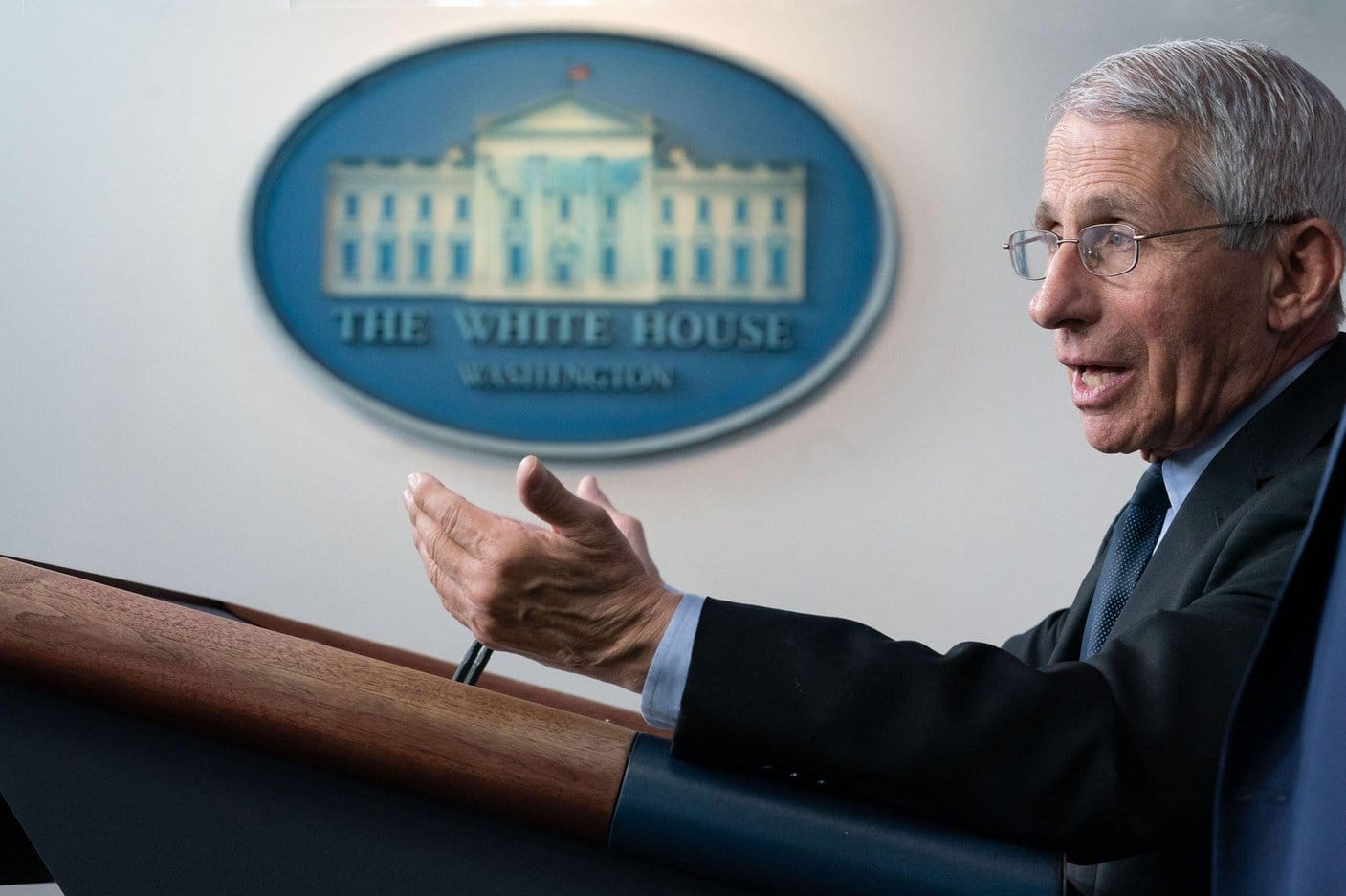Dr. Anthony Fauci is an American physician and immunologist who has served as the director of the National Institute of Allergy and Infectious Diseases (NIAID) since 1984. As a physician with the National Institutes of Health (NIH), Dr. Fauci has served American public health in various capacities for over 50 years, and has been an advisor to every U.S. president since Ronald Reagan. Since January 2020, he has been one of the lead members of the Trump Administration’s White House Coronavirus Task Force addressing the COVID-19 pandemic in the United States.
Elizabeth Venafro: What advice can you give to organizations and institutions trying to simplify the complex and communicate effectively with their stakeholders?
Dr. Anthony Fauci: To be an effective communicator, you must be honest, responsive, and always act with integrity. You must regularly share information that is important for your audiences to know but in doing so, be transparent about successes as well as difficulties and failures. Know your audience; tailor your language and messages to the specific audience you are communicating with and consider how much they likely already know and what they need to know or may be interested to learn. Your overarching goal is to effectively communicate and increase understanding, not to try to impress anyone. Show empathy, recognize people’s fears, and as appropriate, offer reassurance. However, do not paint too rosy a picture of a difficult situation or be afraid you may lose your standing as an expert by saying you do not know the answer. Especially during an emerging situation, such as a pandemic, much is unknown early on, and admitting you do not know something can increase the perception that you are a source of information who can be trusted. Hyperbole, condescension, speculation, or hiding information can all engender mistrust and harm your credibility. It is much more difficult to regain credibility once you have said or done something to lose it, and if you lose credibility, people tend to stop listening to or become skeptical of what you have to say.
Elizabeth Venafro: How can organizations and institutions align pandemic communication strategies with trends in how people currently access and utilize health information?
Dr. Anthony Fauci: People access and utilize health information in a variety of ways today. To reach the broadest segment of the population, it is important to disseminate information about the pandemic through multiple communications platforms. These include traditional ways of disseminating information, i.e., through engaging print, radio, and TV outlets, issuing press releases, holding press conferences, and participating in media interviews. Increasingly, however, people access health information through new and social media platforms, for example, Facebook, Twitter, Instagram, YouTube, WhatsApp, blogs and podcasts. To have your message reach the broad public of diverse audiences, it is critically important to have a presence on and participate in the conversations going on in an array of new and social media outlets such as these.
Elizabeth Venafro: What tools and resources enable organizations and institutions to take a scalable approach to pandemic communications and incorporate best practices?
Dr. Anthony Fauci: Each organization and institution must tailor its pandemic communications strategy to its available resources. In addition, as previously noted, it is important to first define who your stakeholders are and determine how they access information. Fortunately, much of the information and guidance about COVID-19 and the evolving pandemic is freely available on the Web for any organization to access, such as at the COVID-19 website of the Centers for Disease Control and Prevention, as well as the websites of the Food and Drug Administration, the National Institutes of Health, state and local health departments, and the World Health Organization. Several academic institutions, such as Johns Hopkins University in Baltimore and the University of Washington in Seattle, also have established credible websites that are modeling or tracking the pandemic. The website of the National Institutes of Health can provide valuable information on research advances pertaining to the development of diagnostics, therapies, and vaccines.
Elizabeth Venafro: What infrastructure should organizations and institutions put in place to prepare for ongoing communications with stakeholders through the duration of the pandemic and future crisis situations?
Dr. Anthony Fauci: It is important to first identify who your key stakeholders are and to determine how those stakeholders receive information about the pandemic. Within your organization, identify who will be your spokesperson(s) to respond to media requests for interviews or other similar requests. Make sure your spokespersons are comfortable engaging with the media; consider media training for them if they are novices or need training to respond to difficult questions adroitly. Institute standard operating procedures (SOPs) within your organization to handle incoming requests for media interviews. Then, as previously noted, consider a variety of traditional and new/social media platforms through which you will disseminate your messages to both proactively and reactively inform and engage with your stakeholders.
Click here to read the Definitive Guide to Pandemic Communications



